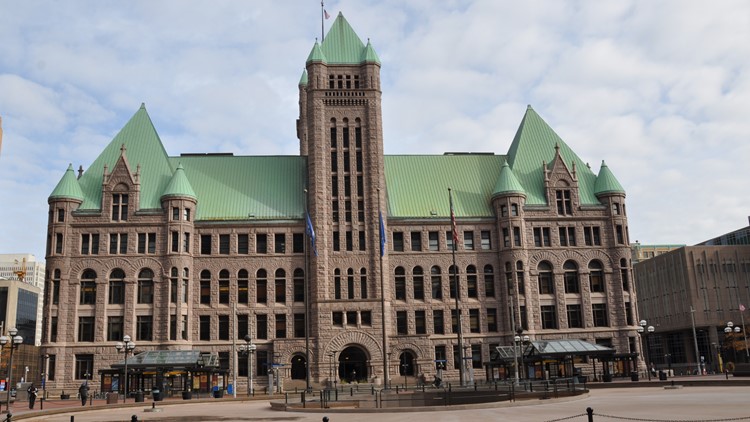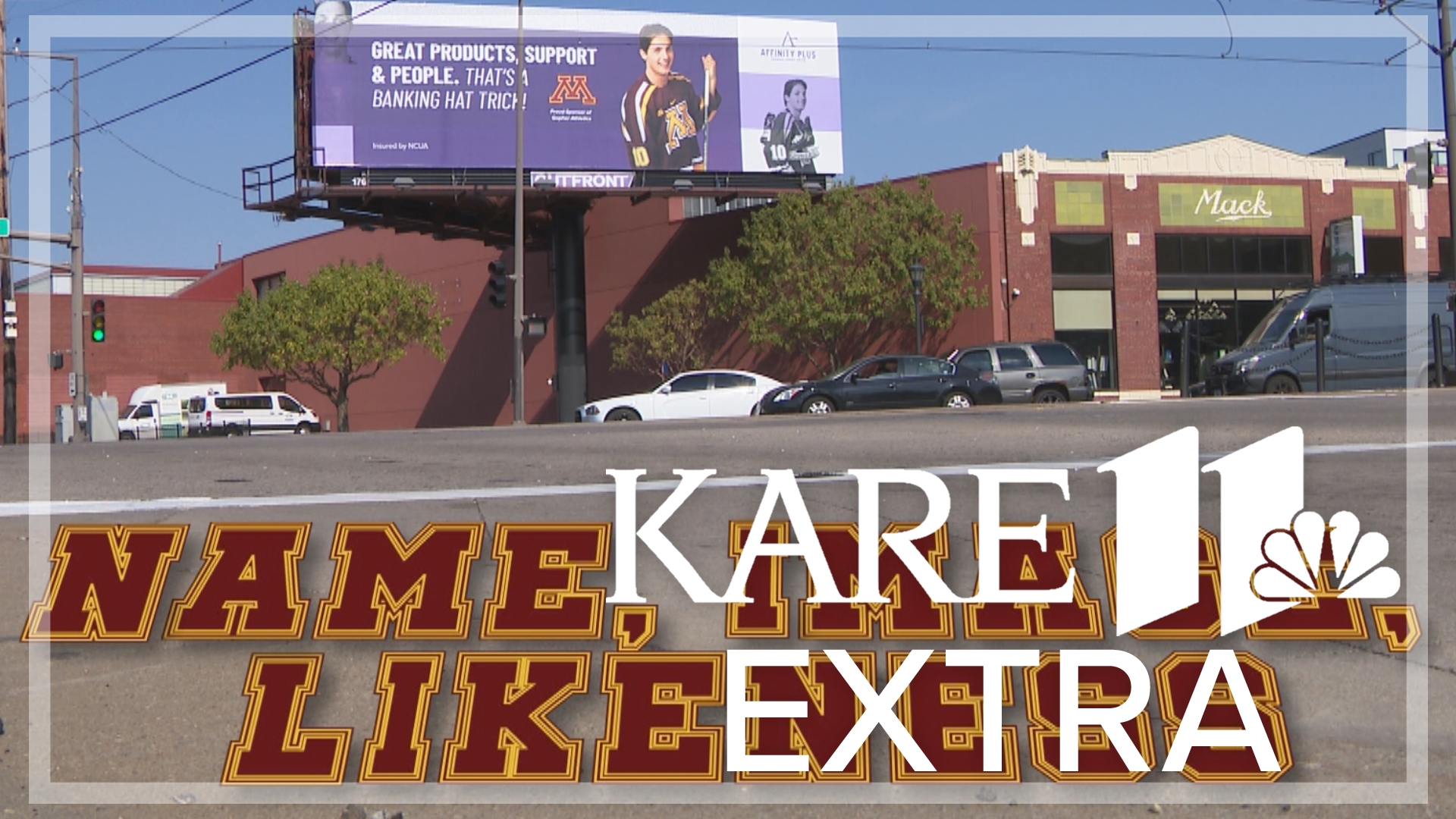MINNEAPOLIS — The Minneapolis City Council has approved a resolution declaring racism to be a public health emergency.
The resolution calls for city leadership to take a series of action steps and dedicate resources to racial equity work in the city.
"Racism in all its forms causes persistent discrimination and disparate outcomes in many areas of life, including housing, education, health, employment, public safety and criminal justice; exacerbated further by the COVID-19 pandemic crisis," the resolution states. "A multitude of studies connect racism to inequitable health outcomes for Black, Indigenous, and People of Color (BIPOC), including cancer, coronary heart disease, diabetes, hypertension, high infant and maternal mortality rates demonstrating that racism is the root cause of social determinants of health."
The text of the resolution also acknowledges "Black people are three times as likely to be killed by police as white people in this country."
The city of Minneapolis has faced intense local and national scrutiny since the police-involved death of George Floyd in May. The following month, the Minnesota Department of Human Rights filed a civil charge against the Minneapolis Police Department. Council members have since approved a year-long study of public safety in the city, which includes the possibility of replacing the current police department.
Earlier this week, attorneys for George Floyd's family filed a wrongful death lawsuit in federal court against the city and the four former police officers charged in Floyd's death.
The resolution passed Friday declares the city will recognize the "severe impact of racism on the well-being of residents" and lists the following actions:
- Center the voices, work, and leadership of the communities most directly affected by said racism.
- Provide support to the Racial Equity Community Advisory Committee to conduct and implement an internal evaluation of the City Charter as well as all City policies and procedures to prioritize racial equity with specification on how policies translate into anti-racist action towards City employees, constituents, and community members.
- Address our criminal justice system to stop the profiling and harm done to BIPOC. This includes but is not limited to decarceration and reserving arrest only for violent and other major crimes and easing and dismissing cash bail.
- Build and implement a comprehensive public safety system that decentralizes BIPOC over-policing and criminalization and is rooted in the public health approach to keep BIPOC communities disproportionately impacted by community violence safe.
- Develop a comprehensive rapid response protocol to immediate needs and long-term work to address systemic inequities. This includes activating the Office of Emergency Management and Incident Command System, the Health Department, the Division of Race & Equity, and other public facing departments to respond to community stress and trauma.
- Measure the effectiveness of City programming and the return on investment of public dollar allocations in the budget toward advancing racial equity and reporting these results annually.
- Allocate dollars in the City budget to be directed toward small business development, housing, community-based infrastructure, and other amenities to reverse and repair the harm experienced by BIPOC. This includes making land and housing affordable for BIPOC, prioritizing BIPOC in redevelopment efforts, and ensuring that these communities are not displaced in neighborhood revitalization efforts.
- Establish a long-term sustainable source of City of Minneapolis funding that will restore and increase the availability of high-quality youth development programming for BIPOC youth and young adults with inclusion of a strategic plan to improve program quality and evaluate the impact and reach.
- Develop and implement an annual report with racially disaggregated data on the health of Minneapolis BIPOC, including recommendations for actions to eliminate any disparities and improve overall health.
- Build a workplace culture that promotes racialized repair, cross-cultural relationships, upholds the sacredness of caucus spaces for building community, and shifts the burden of addressing racism off BIPOC.
"Systemic racism is among the greatest long-term threats our city and nation are facing, and the last two months have made that reality painfully clear," Mayor Jacob Frey said in a statement. "For Minneapolis to be a place where everyone can live and thrive, we must recognize this crisis for what it is and approach policymaking with the urgency it deserves."
The city's resolution followed strong public support for such a move, as seen in a change.org petition set up by EmergencyArts.net, which urged Minneapolis to declare racism as a public health emergency and take action. Many of the points listed in the petition were echoed in the city's resolution. More than 113,000 people had signed the petition by mid-July.



